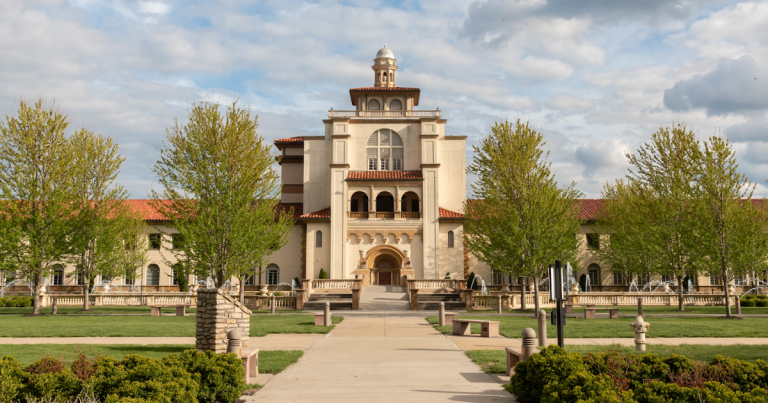Is Elevation Church a Cult?
Since its founding in 2006 by pastor Steven Furtick, Elevation Church has grown quickly to become one of the biggest churches in the Charlotte, North Carolina, area. However, Elevation has also faced accusations of exhibiting cult-like behaviors. In this post, we will analyze these claims objectively by looking at definitions of what constitutes a cult, as well as Elevation’s practices, theology, leadership structure, and financial transparency.
What defines a cult?
There is no universally agreed upon definition of a cult. However, cult experts and sociologists point to key characteristics that help identify cult groups:
Authoritarian Leadership
Cults revolve around a single charismatic authoritarian leader who exercises complete authority and little accountability. Followers are expected to strictly obey the leader’s vision.
Exclusivity
Cults claim to have an exclusive grasp of the truth. There is an “us vs. them” mentality towards outsiders who are deemed spiritually lacking or unenlightened.
Control and Conformity
Cult groups employ thought reform techniques like behavior control, emotional manipulation, and indoctrination of members. Followers are pressured to conform to the group’s beliefs and practices. Independent thinking is discouraged.
Financial Exploitation
Cult leaders often personally profit from excessive tithing and donations from members who are pressured to give money. Lack of financial transparency and accountability is common.
Analyzing Elevation Church
With a high-level understanding of cult characteristics, we can now examine Elevation more closely against these criteria.
Authoritarian Leadership
- Pastor Steven Furtick founded Elevation and serve as lead pastor, delivering weekly sermons broadcast to several campuses
- While highly influential, Furtick shares pastoral duties with branch campus pastors and oversight from an executive board of directors
- Church staff previously handled most communications and media requests to manage public image, but deny that Furtick avoids accountability
While Elevation does revolve around Furtick’s charismatic leadership, he does not appear to meet the complete authoritarian control seen in cults. There are systems of accountability and shared pastoral responsibilities.
Exclusivity
- Critics argue Elevation implies other churches lack visionary leadership and miss out on God’s work happening uniquely at Elevation
- Defenders say while believing itself blessed by God, Elevation acknowledges the work of other faithful churches
There are differing perspectives on this. While feeling especially blessed, Elevation may not completely dismiss other churches as devoid of God’s work. More analysis is needed to determine true attitudes.
Control and Conformity
- Critics point to use of emotional music, slick productions, and atmospherics to produce contrived religious experiences
- Supporters see methods as innovative outreach, not manipulation or conformity
There are arguments on both sides. Deliberately experiential services do not necessarily constitute control or forced conformity of belief. This likely rests on personal views of what church services “should” look like.
Financial Exploitation
Several factors have raised eyebrows in this area:
- Past tension between Furtick and board over publisher royalties from bestselling books has since amended for transparency
- Building of large, elaborate church campus funded by member donations
- Calls for members to sacrifice financially and commit to tithing during periods of church expansion
These practices have understandably drawn criticism. While not illegal, focusing member donations towards ambitious building expansion projects and funneling book profits to senior staff raise ethical issues regarding the nonprofit church’s priorities and responsible use of funds.

Conclusion
Based on analysis against common cult criteria, there are arguments on both sides for Elevation Church. While authoritative and charismatic in leadership, Founder Steven Furtick does share pastoral duties and oversight accountability.
Control methods may be better characterized as modern outreach rather than coercion. However, legitimate pressure urging sacrifice and donations to finance rapid expansion does bear similarities to questionable financial exploitation seen in cult groups, according to experts.
In the end there is likely no definitive yes or no answer to the question “Is Elevation Church a Cult?” There are reasonable cases to be made on both sides, as well as gray areas open to interpretation. But potential exists for the church’s high commitment culture to develop unhealthy levels of control or financial extraction if not kept in check through ongoing transparency and accountability.
Like many mega-churches, Elevation continues to walk this fine line between impassioned religious community and excessive personality-driven conformity seen in cults according to sober evaluations by sociologists and theology scholars. Concerned congregants would be wise to maintain a certain vigilance and skepticism amidst the enthusiasm.







